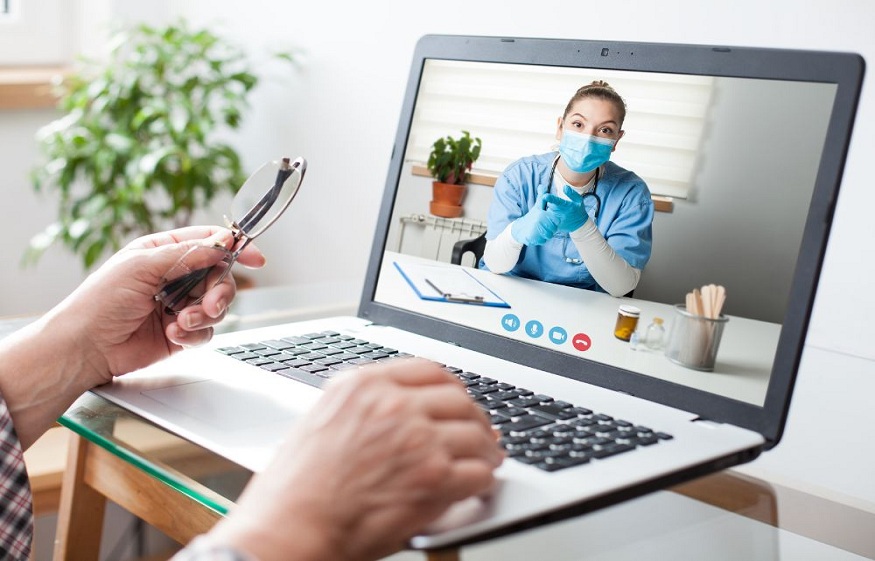
One of the primary arguments against the use of telemedicine is its alleged inability to facilitate correct diagnoses. As the thinking goes, clinicians are unable to correctly diagnose illness and diseases without face-to-face visits. Now, a new study disputes that assumption.
The study, conducted by Mayo Clinic researchers, revealed that diagnosis accuracy for telemedicine is consistent with in-person visits dealing with the same types of illnesses and diseases. In other words, the diagnosis accuracy for the same types of conditions is consistent regardless of delivery method.
Mental Health and Primary Care
It should be noted that research data showed the best results for mental health services and primary care. That is not without reason. Telemedicine advocates are quick to recognize that there are some types of healthcare services for which telemedicine is wholly inappropriate. At the same time, they promote its effectiveness in primary care and mental health particularly.
A typical primary care visit consists of little more than a verbal consultation along with vital sign measurements. If a physician orders tests, most of those tests are conducted elsewhere. Likewise, nearly all in-person mental health visits are conversational visits. Clinicians are not performing any services that require the patient to be in the same room.
What the Study Revealed
Getting back to the study, researchers looked at data from 97,000 telemedicine visits and compared it against data from in-person follow-up visits. They also compared the data to similar data relating to more traditional healthcare screenings. Here Is what the data showed, in terms of telemedicine diagnostic accuracy:
- Overall average – 87%
- Mental health – 96%
- Dermatology and ENT – 80%.
According to the study, primary care diagnostic accuracy is about 81% for an initial, in-person visit. Primary care doctors do not always get their initial diagnoses correct when dealing with problems associated with certain specialties. All in all, the study showed that diagnostic accuracy is not negatively impacted by telemedicine.
Telemedicine with Diagnostic Capabilities
It stands to reason that telemedicine diagnostic accuracy would be commensurate with the diagnostic tools a clinician has at their disposal. For example, a video-only visit may not be able to produce as accurate a diagnosis as a visit that included both video and real-time diagnostics.
The question is this: are there telemedicine solutions that offer real-time diagnostics? Yes. CSI Health, a Texas healthcare kiosk manufacturer, is just one example of several companies that specialize in high-tech telemedicine solutions. Their kiosks feature diagnostic tools like infrared thermometers, digital stethoscopes, ECG/EKG, and sonogram. The kiosks connect remotely to clinician networks to provide diagnostic data in real time.
The Evidence Supports Telemedicine
One of the fascinating aspects of telemedicine is that it is not a new thing. While some of the latest technologies are brand-new, other technologies have been around for a long time. Video chat is just one of them.
Our healthcare system has been historically slow to adopt telemedicine for a variety of reasons. Those reasons are no longer important in light of evidence that shows tele medicine can be both useful and productive.
A New Model for Patients and Clinicians
The Mayo Clinic study demonstrates that diagnostic accuracy is not a genuine concern for telemedicine. Diagnosis accuracy is consistent whether patients are seen in person or remotely. With that settled, we now have a new model for patients and clinicians alike. That model involves dispensing with in-office visits when they are not necessary, in favor of telemedicine visits.
Telemedicine is here to stay. Now that we know that diagnostic accuracy does not suffer, we have one less reason to resist the transition to healthcare delivery via remote technology.






